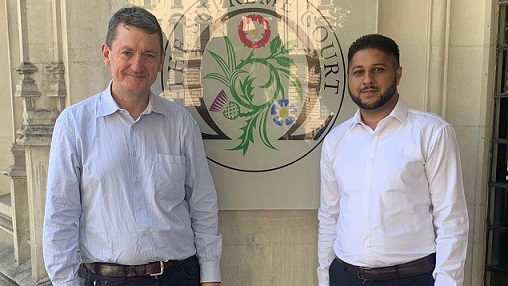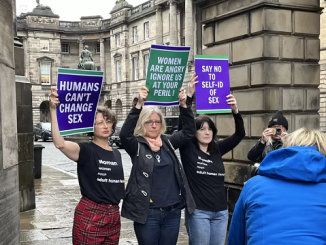
Ride hailing taxi app firm Uber must classify its drivers as workers rather than self-employed, the UK’s Supreme Court has ruled.
The decision means tens of thousands of Uber drivers are set to be entitled to minimum wage and holiday pay.
The ruling could leave Uber facing a hefty compensation bill, and have wider consequences for the gig economy.
In a long-running legal battle, Uber had appealed to the Supreme Court after losing three earlier rounds.
‘Massive achievement’
Former Uber drivers James Farrar and Yaseen Aslam, who originally won an employment tribunal against the ride hailing app giant in October 2016, told the BBC they were “thrilled and relieved” by the ruling.
“I think it’s a massive achievement in a way that we were able to stand up against a giant,” said Mr Aslam, president of the App Drivers & Couriers Union (ADCU).
“We didn’t give up and we were consistent – no matter what we went through emotionally or physically or financially, we stood our ground.”
Uber appealed against the employment tribunal decision but the Employment Appeal Tribunal upheld the ruling in November 2017.
The ride hailing taxi app firm then took the case to the High Court, which upheld the ruling again in December 2018.
The ruling on Friday was Uber’s last appeal, as the Supreme Court is Britain’s highest court, and it has the final say on legal matters.
‘Drivers are struggling’
A key point in the Supreme Court’s ruling is that Uber has to consider its drivers “workers” from the time they log on to the app, until they log off.
Uber drivers typically spend time waiting for people to book rides on the app. Previously, the firm had said that if drivers were found to be workers, then it would only count the time during journeys when a passenger is in the car.
“This is a win-win-win for drivers, passengers and cities. It means Uber now has the correct economic incentives not to oversupply the market with too many vehicles and too many drivers,” said James Farrar, ADCU’s general secretary.
“The upshot of that oversupply has been poverty, pollution and congestion.”
However, questions still remain about how the new classification will work, and how it affects gig economy workers who work not only for Uber, but also for other competing apps.
Mr Aslam, who claims Uber’s practices forced him to leave the trade as he couldn’t make ends meet, is considering becoming a driver for the app again. But he is upset that it took so long.
“It took us six years to establish what we should have got in 2015. Someone somewhere, in the government or the regulator, massively let down these workers, many of whom are in a precarious position,” he said.
Mr Farrar points out that with fares down 80% due to the pandemic, many drivers have been struggling financially and feel trapped in Uber’s system.
“We’re seeing many of our members earning £30 gross a day right now,” he said, explaining that the self-employment grants issued by the government only cover 80% of a driver’s profits, which isn’t even enough to pay for their costs.
“If we had these rights today, those drivers could at least earn a minimum wage to live on.”
Source: bbc.co.uk






Be the first to comment